geneticists are rewriting the narrative of Neanderthals and other ancient humans
On Jul. 12, 2025, an international team of geneticists and AI experts are adding whole new chapters to…
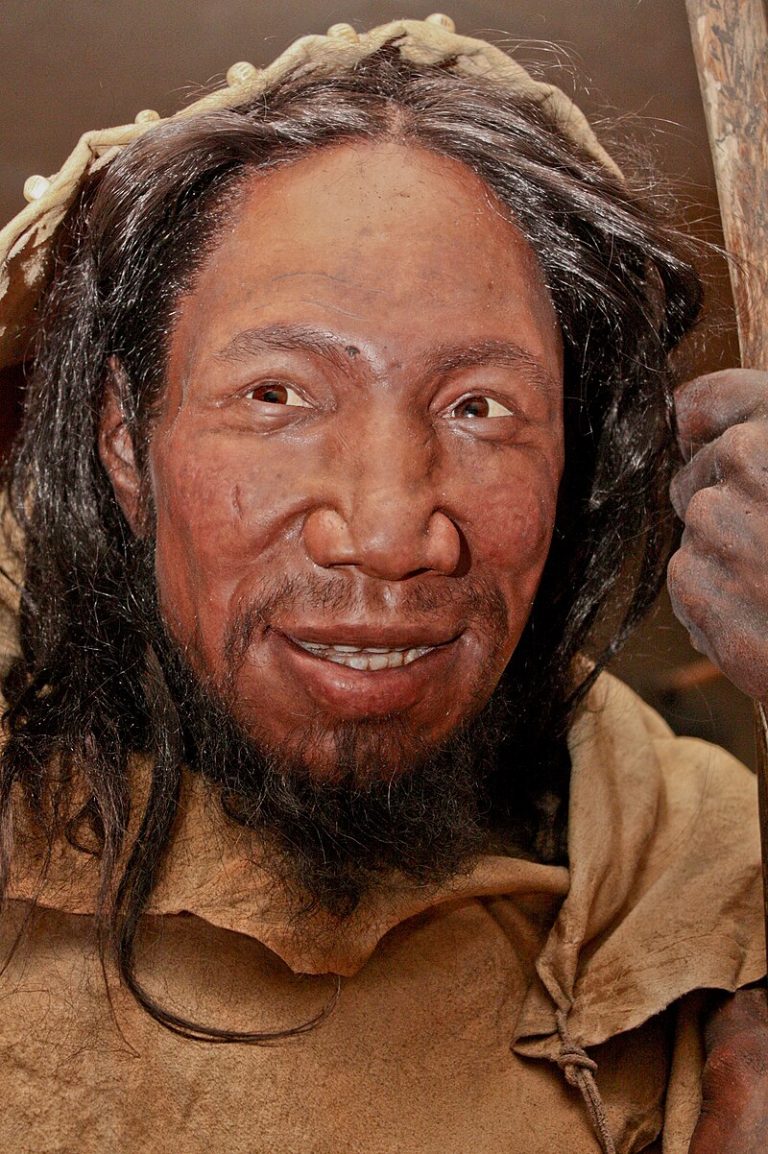
On Jul. 12, 2025, an international team of geneticists and AI experts are adding whole new chapters to…
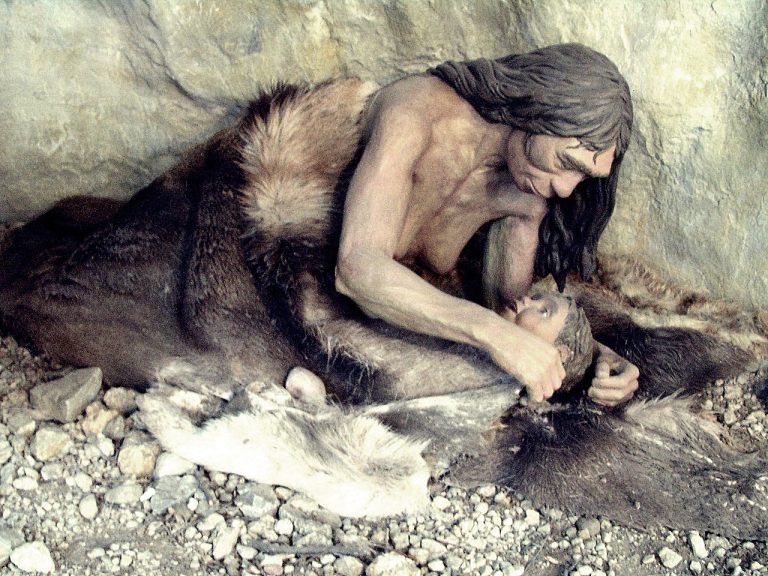
On Jul. 9, 2025, a research team led by Eske Willerslev, professor at the University of Copenhagen and…
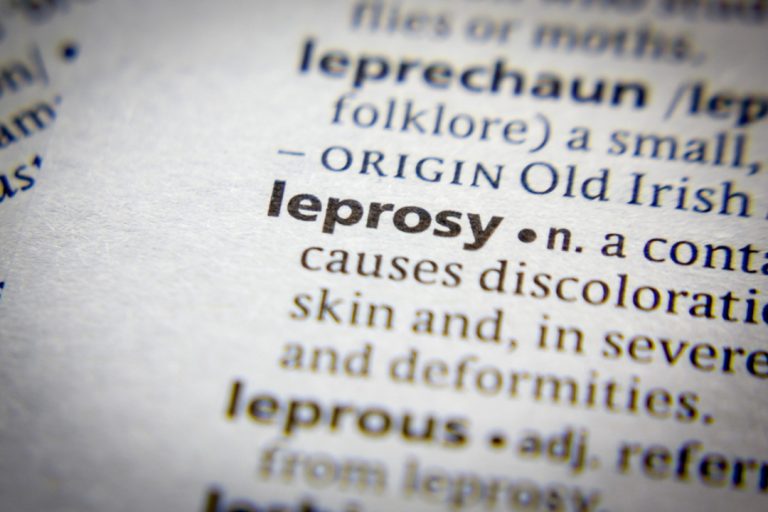
On Jun. 30, 2025, a new study from an international team of researchers led by the Max Planck…

On Feb. 3, 2025, scientists from Montana State University reported new knowledge of how ancient microorganisms adapted from…
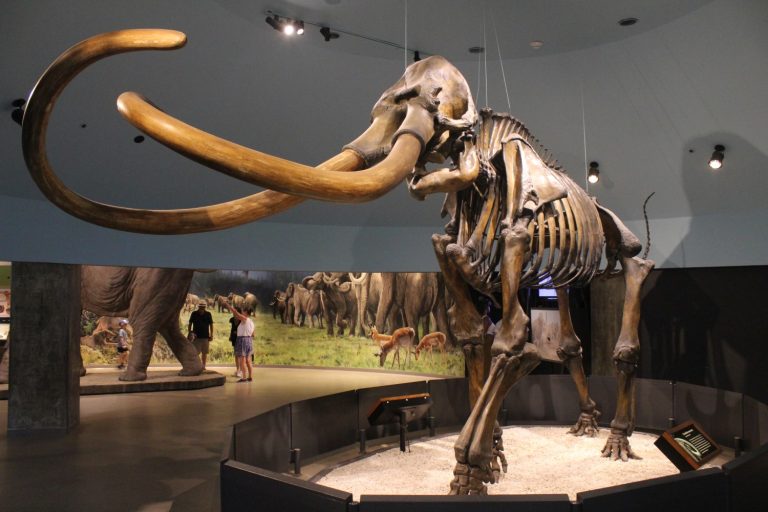
On Dec. 10, 2024, researchers reported that DNA recovered from ancient remains is transforming our understanding of organisms…
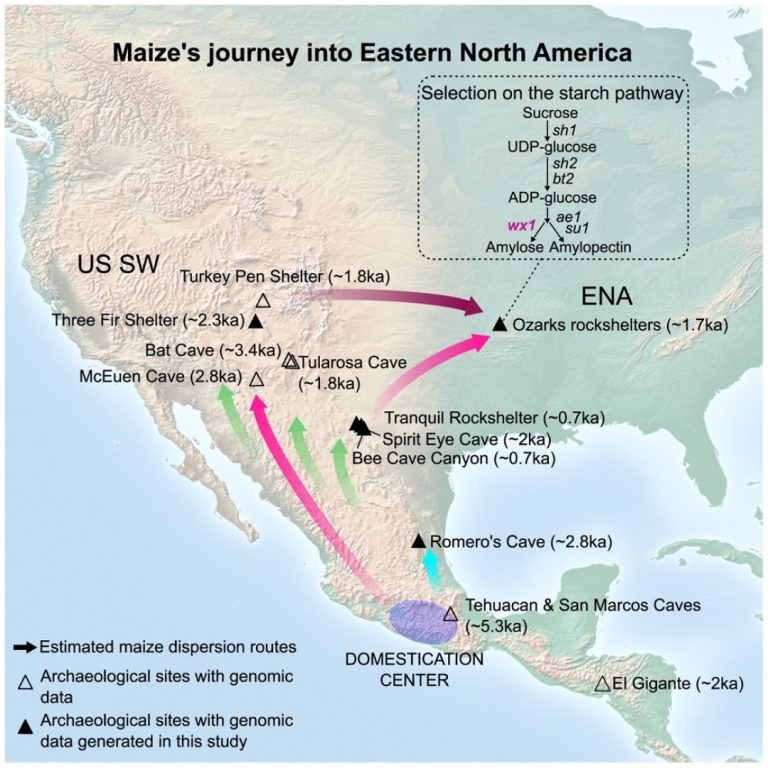
On Dec. 4, 2024, an international team of scientists led by the Center for Evolutionary Hologenomics, GLOBE Institute,…

On Nov. 7, 2024, a team of scientists announced that DNA analysis of Pompeii victims who perished during…

On Oct. 17, 2024, a study led by the University at Buffalo and the Jackson Laboratory (JAX) revealed…
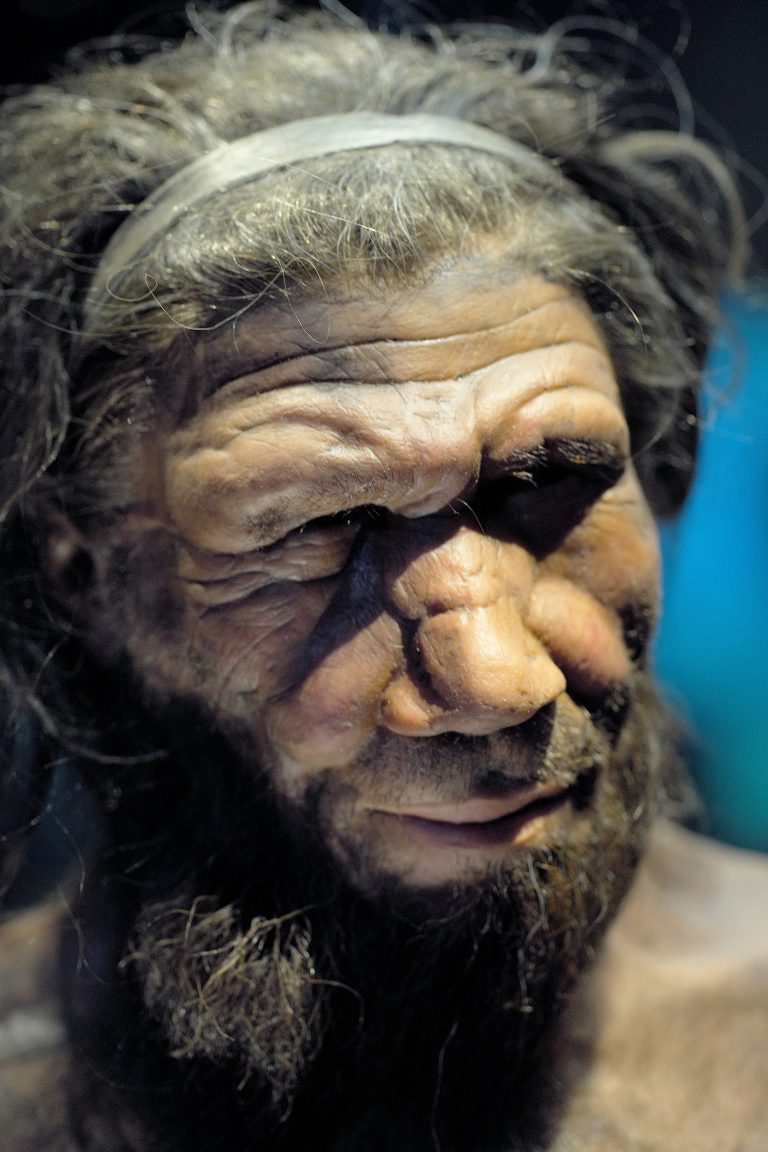
On Jul. 11, 2024, Stéphane Peyrégne from the Max Planck Institute for Evolutionary Anthropology unveiled a genetic sequence…
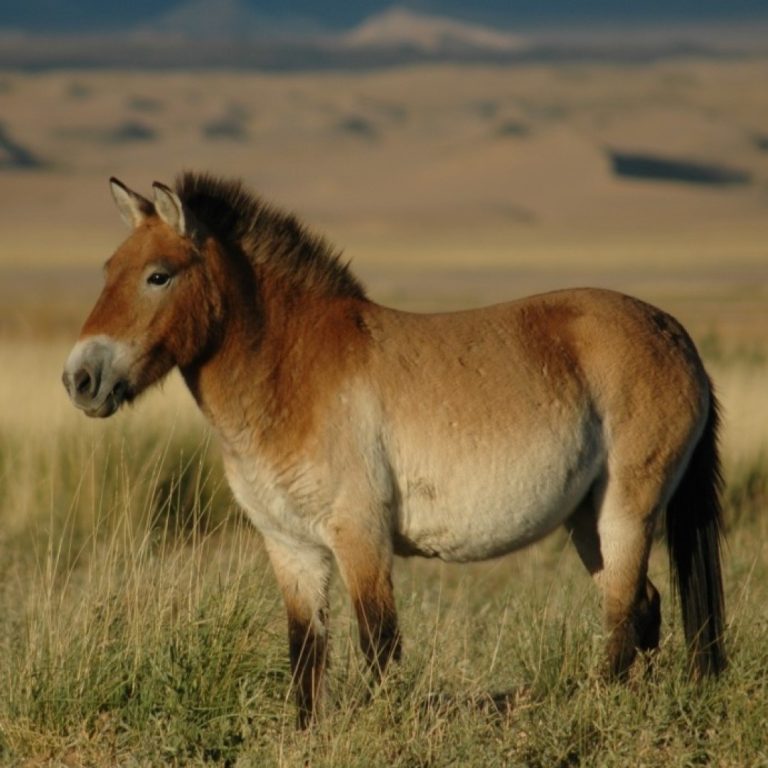
On Jun. 13. 2024, University of Minnesota researchers announced they have successfully mapped the complete genome of the…
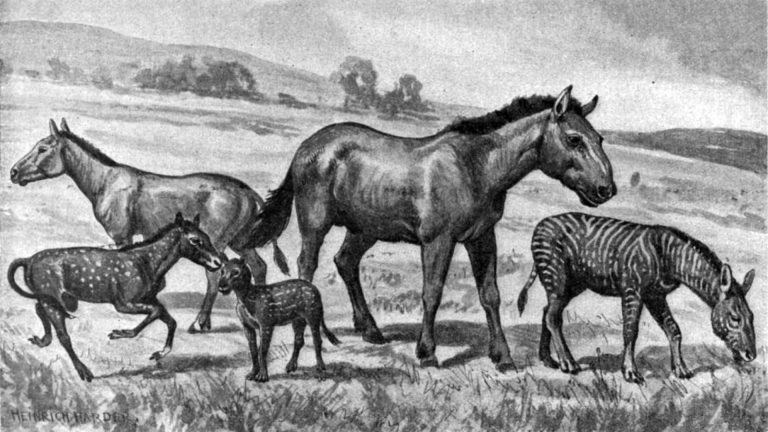
On Jun. 7, 2024, the Institute of Evolutionary Biology in Barcelona announced an analysis of genome data from…

On May 21, 2024, an analysis of ancient and modern genomes suggested contemporary people’s Neanderthal DNA came from…
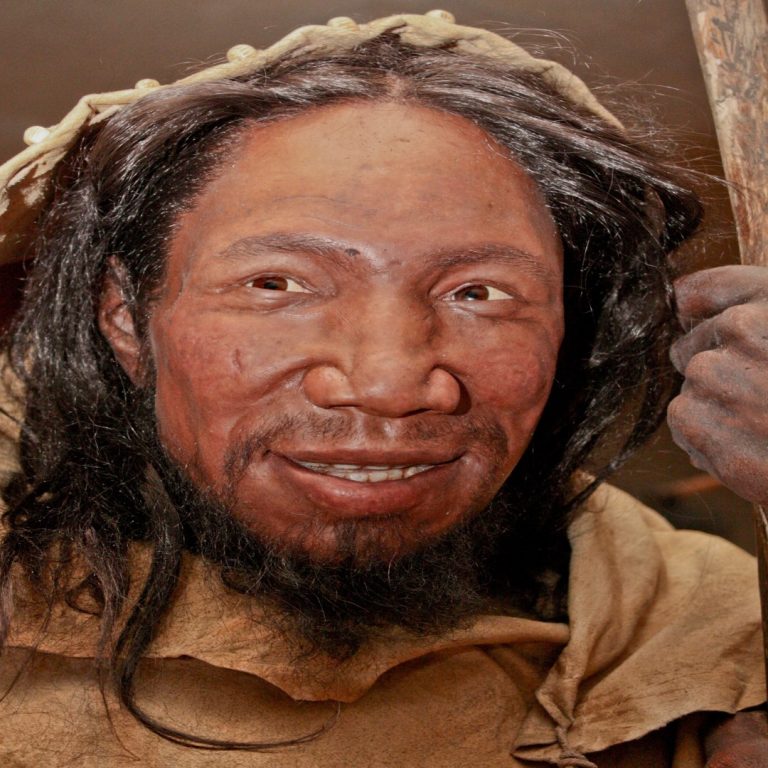
On May 15, 2024, researchers at Brazil’s Federal University of São Paulo announced they had found ancient herpes…
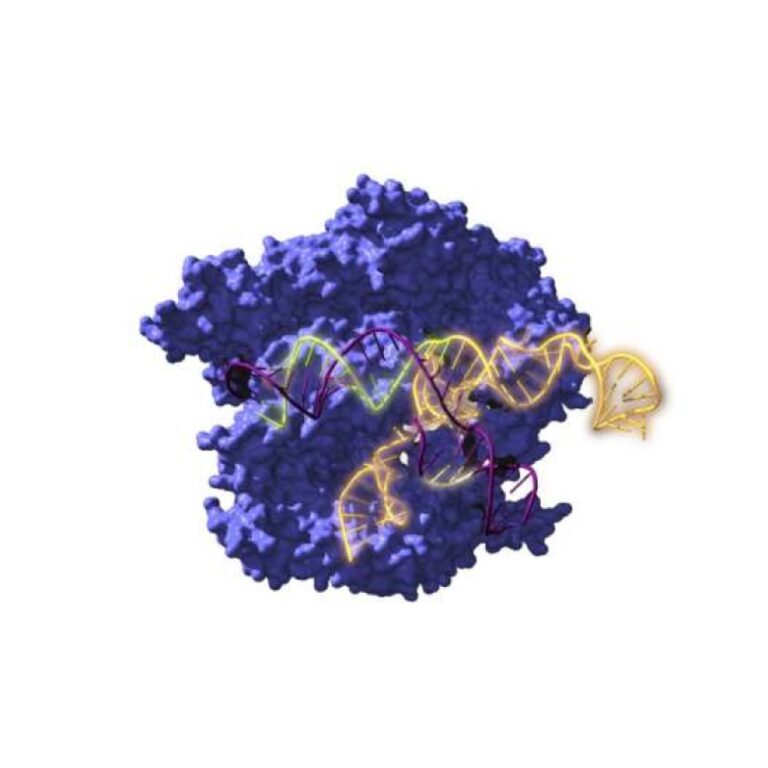
On Jan. 4, 2023, an international research group announced it had for the first time reconstructed ancestors dating…
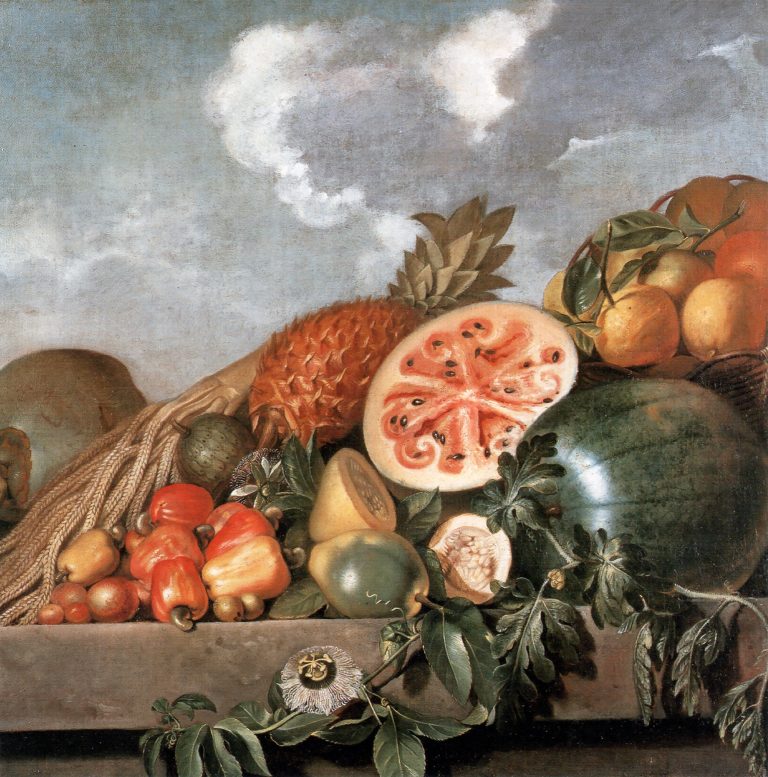
On Jul. 30, 2022, scientists announced they had sequenced the genome of a 6,000-year-old Citrullus seeds that revealed…
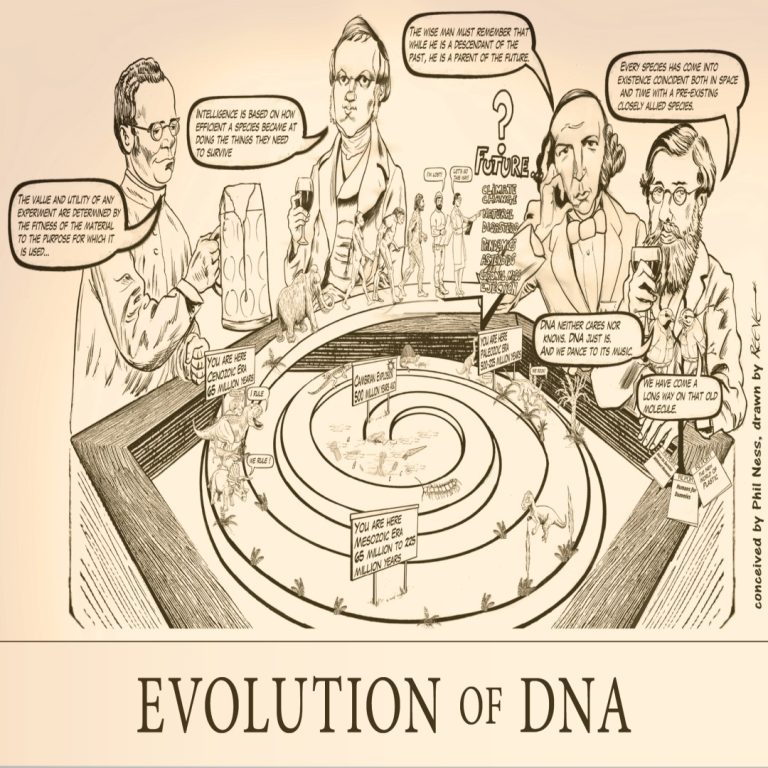
he Evolution of DNA is an Illustration with the very small, requiring magnification, to the very large. Cast…
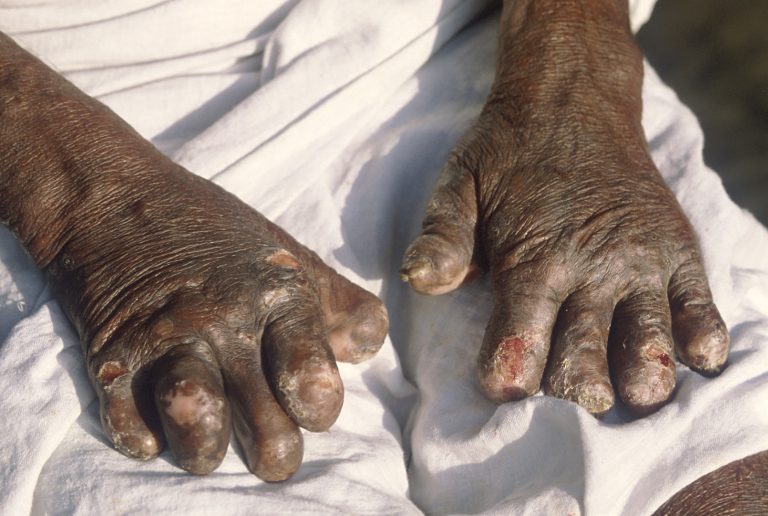
In 583 BCE, the Council of Lyons in Lyon, France restricted lepers from freely associating with healthy persons.
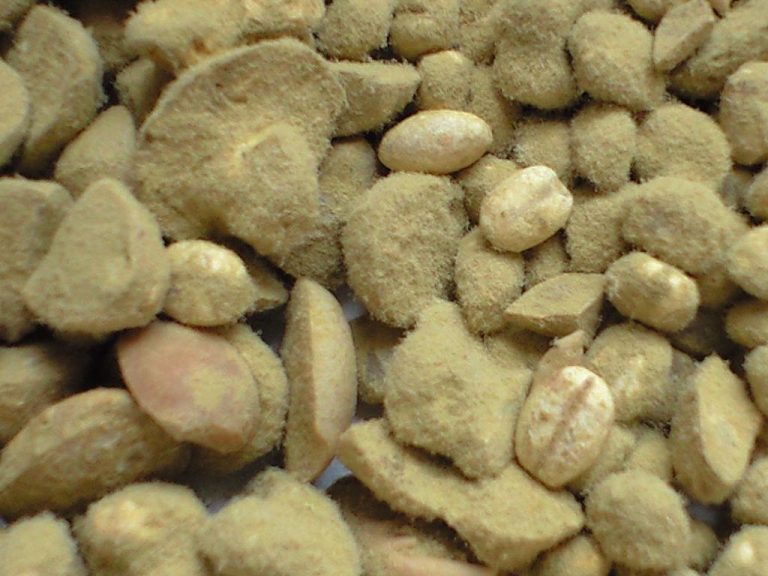
Around 600 BCE, Chinese healers created the first antibiotic – moldy soybean curds – to treat boils.

Around 500 BCE, Hippocrates, a pioneering physician in the history of Medicine, and considered as the principal author…
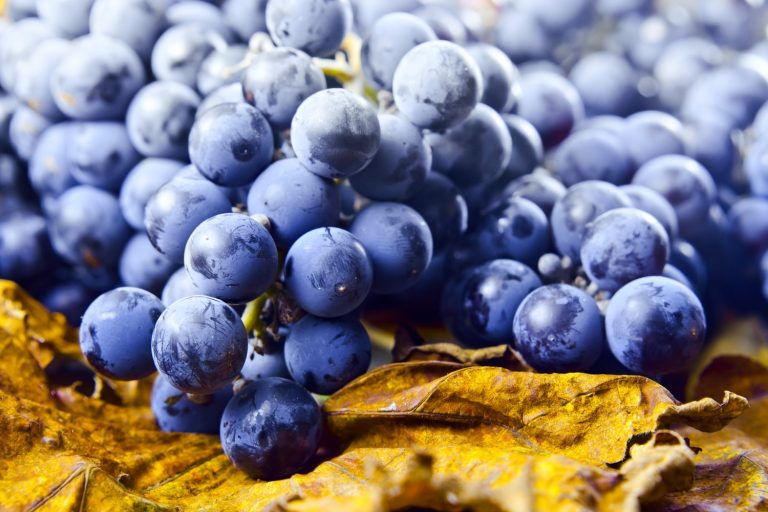
World’s oldest evidence dating to 23000 BCE for the earliest small-scale plant cultivation was discovered by Dani Nadel…
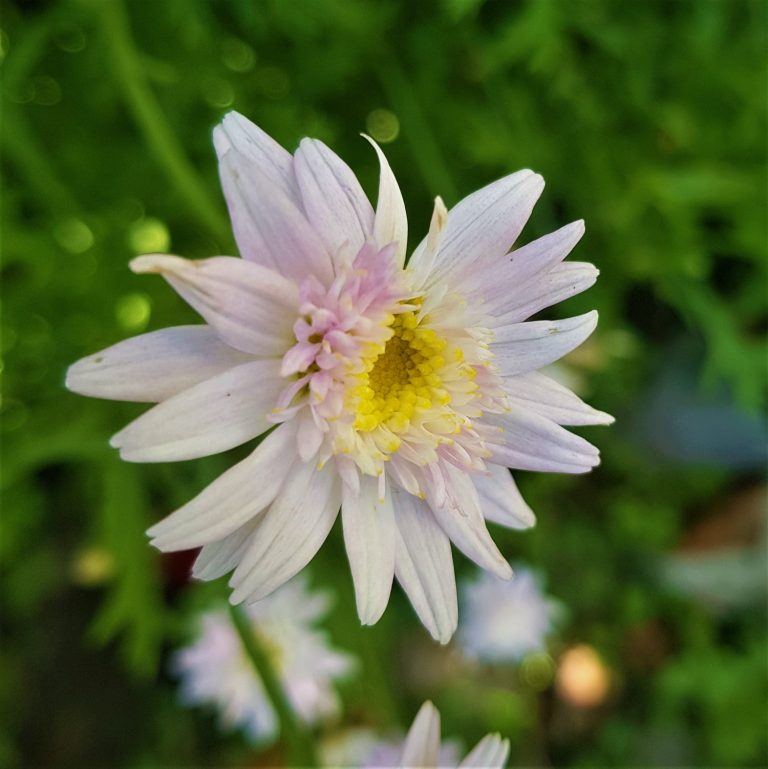
Around 100 BCE, Chinese growers used powdered chrysanthemum (pyrethrins) as the first insecticide.

Archeological evidence points to human use of pigeons as a food source as early as 10,000 years ago…
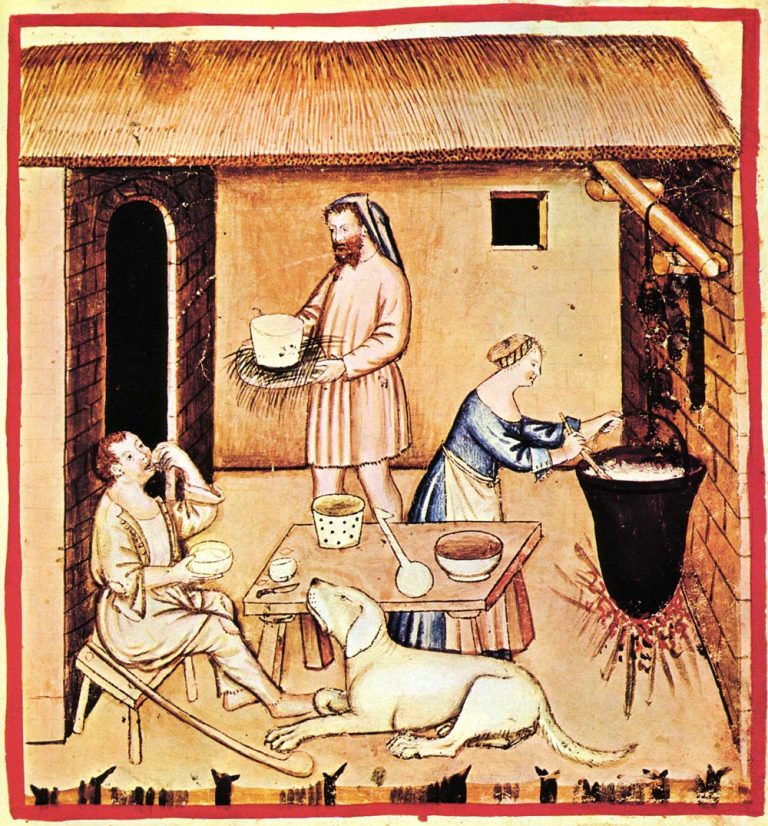
Around 8000 BCE, farmers in China, Egypt and Sumeria began using fermentation to produce cheese and wine. One…
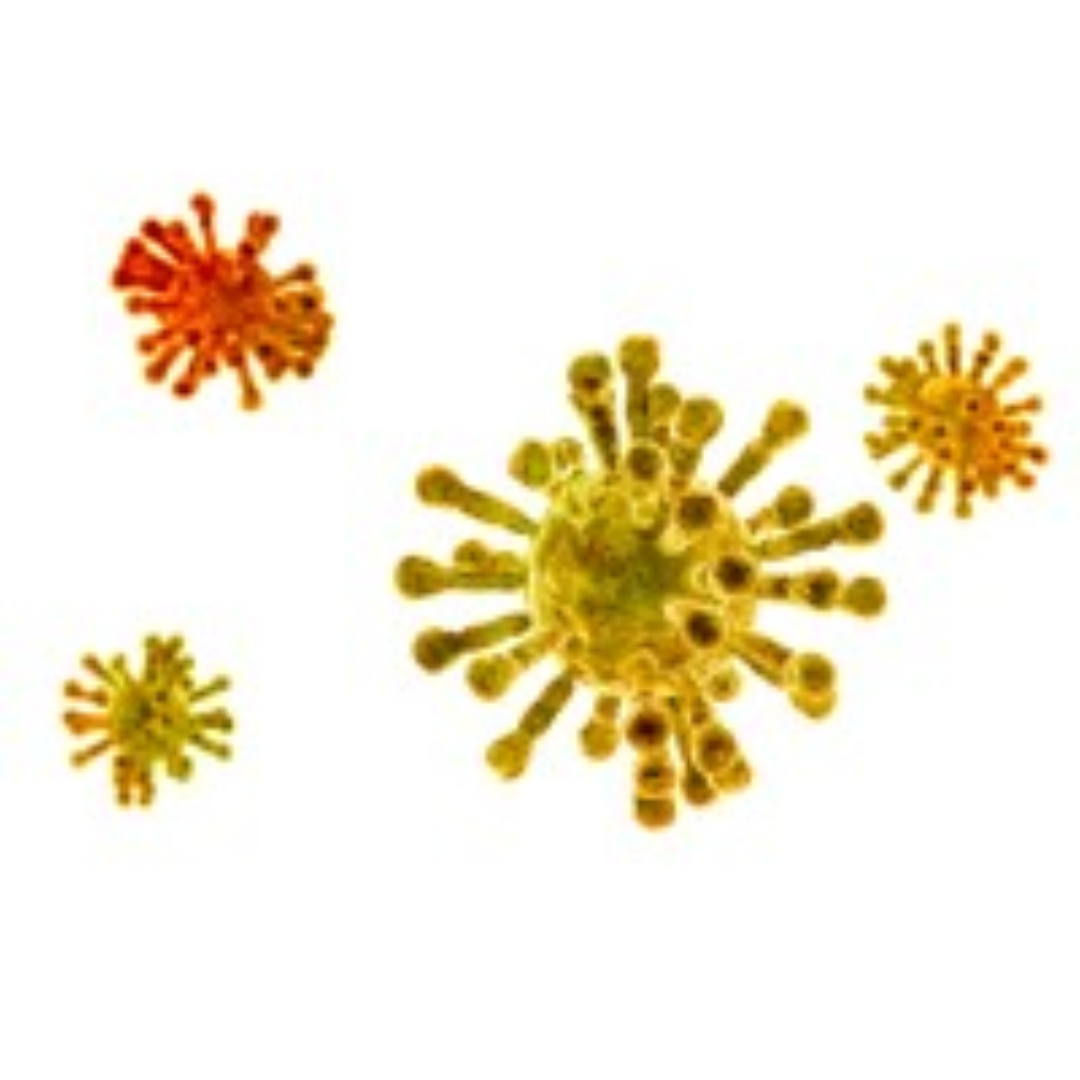
On Sept. 2 , 2021, an Oxford University Study showed that the most recent common ancestor of these…

Greek philosopher Theophrastus (371-287 BCE), the “Father of Botany” wrote of Greeks rotating their staple crops with broad…

On Sept. 30, 2020, researchers at the Karolinska Institutet in Sweden and the Max Planck Institute for Evolutionary…
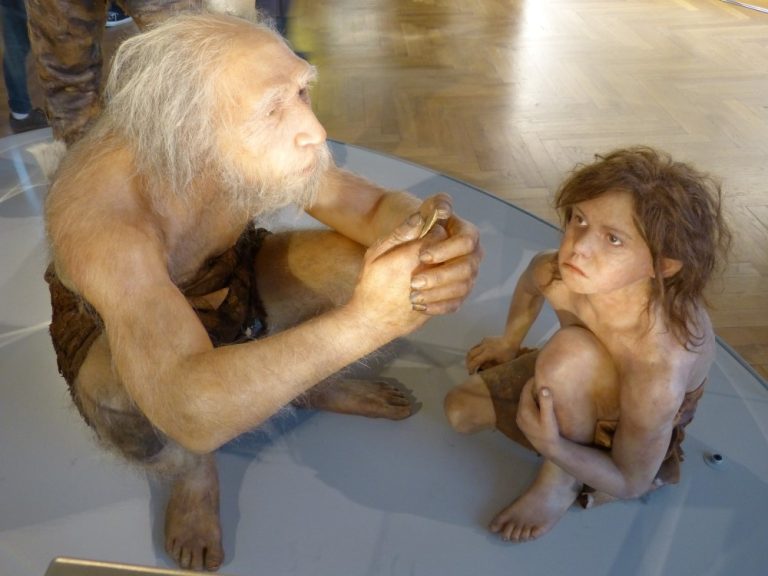
On Sept. 24, 2020, an international research team led by the Max Planck Institute for Evolutionary Anthropology in…

On Oct. 15, 2019, scientists reported that date palms are one of the oldest domesticated perennial crops, with…
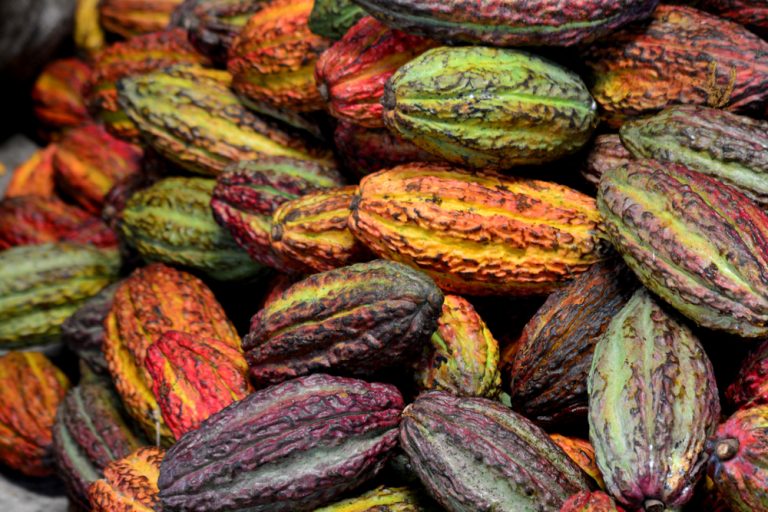
On Oct. 29, 2018, Archaeological evidence of cacao’s use, dating back to 3,900 years ago, previously planted the…

On. Nov. 13, 2017, research by Dr. Patrick McGovern, Director of the Biomolecular Archaeology Laboratory at the University…